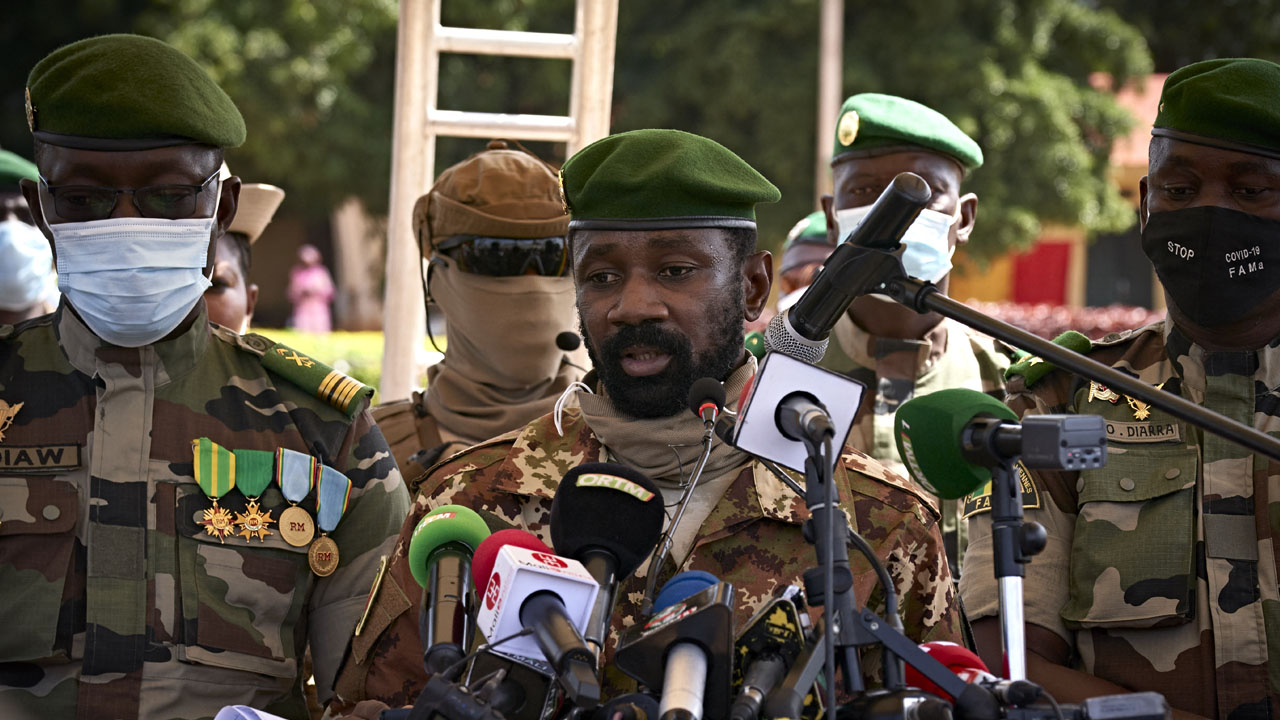Mali frees 11 political opponents amid calls for national reconciliation

After five months in detention, 11 political opponents in Mali were granted provisional release on Thursday, in what observers see as a potential step toward easing the country’s deepening political tensions.
The release comes as the transitional military government faces mounting domestic and international pressure to restore civilian rule following the August 2020 coup.
Among those freed are former ministers and prominent political figures from parties such as Adema-PASJ, RPM, and M5-RFP-Mali Kura.
The group had been detained on June 20, 2024, during an unauthorized political meeting, held at the home of one of the attendees, amid a period when all partisan activities had been suspended by the military authorities.
The recent lifting of this suspension paved the way for their release.
Relief and Resilience
The detainees’ families expressed relief at their release, though the 11 appeared visibly worn after their prolonged incarceration.
No reports of physical mistreatment emerged during their time in custody.
Transferred from Kéniéroba prison to Bamako, they were presented before a judge in Commune V, where their release order was issued.
The group now faces no judicial restrictions and is free to move without oversight.
A Turning Point in Mali’s Political Landscape?
Former Prime Minister Ousmane Issoufi Maïga, chair of the Peace and Reconciliation Charter monitoring commission, hailed the release as a sign of political thaw.
Maïga, who mediated the negotiations, described the decision as part of broader reconciliation efforts by the junta.
“This step reflects an intention to open dialogue with the opposition and foster unity for the nation’s future,” he remarked.
The 11 individuals, including notable figures such as Moustapha Dicko, Hamidou Maïga, and Mohamed Ali Bathily, had been part of a coalition demanding a return to constitutional order.
Their arrest was widely seen as a crackdown on dissent, with charges of “endangering state security,” “attempting to destabilize the transition,” and “public disorder” leveled against them.
The release is viewed as an effort by the transitional government to de-escalate tensions and potentially pave the way for political dialogue.
However, significant divisions persist between the junta and opposition over the country’s political future.
Whether this move signals genuine change or is a calculated concession remains to be seen.
About The Author
dailymailafric
I am an avid African news observer, and an active member of Daily Mail Africa.
I’m Passionate about staying informed on diverse topics across the continent,
I actively contribute to publishing on political, economic and cultural developments in Africa.



